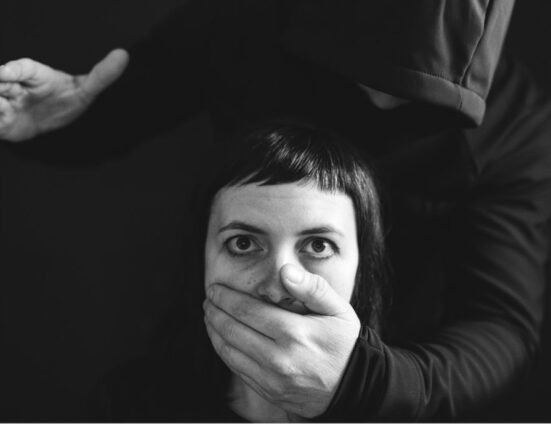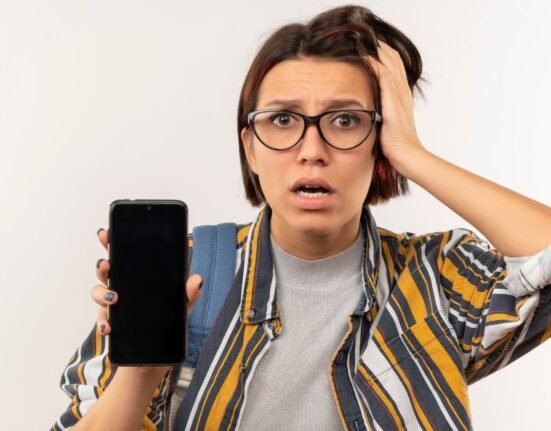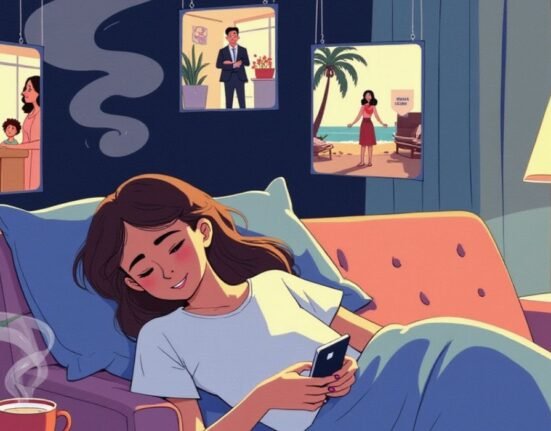In today’s world of the internet, people are far from each other, but they can communicate and interact with each other at any point in time. The Internet has made life easier. But how people use it can impact their lives. The Internet was made to connect people but excessive use of the Internet has actually disconnected people from their reality and closed relationships.
Social Media Addiction:
An insatiable desire to check social media can be defined as checking it constantly, even in the face of knowledge of the negative effects (academic, professional, and personal) that one’s actions will have. This type of addiction makes person dependent and overly concerned about social media. Social media addiction affects people of all ages, but this mainly affects teenagers and youngsters.
Need of the hour:
People are discussing social media addiction in today’s scenario because of its serious consequences on people’s lives, making it a well-known topic. One such discussion was conducted by NDTV, where professionals, were invited to offer their opinions and suggestions on how to strike a balance between social media and personal life. Psychologist and mental health activist, Arvind Otta, raised a very valid point that social media is a business and it is hardly concerned about its users’ physical or mental health. He also added that people have to take charge of themselves when it comes to managing social media addiction. Social media addiction is directly affecting a person’s performance in life and their relationships.
Research findings on Social media addiction
California State University has conducted a study on people using social media. They found people using social media sites at least 58 time per week were 3 times more likely to feel socially isolated and depressed as compared to those using social media fewer than 9 time per week

Social media addiction consequences:
Excessive addiction to social media can result in Anxiety, depression, Irritability, loss of control and interest, distancing from original self and family members, and Isolation.
Why social media addiction becomes a part of people’s lives:
First, we must consider two basic facts of human behaviour
- Human is a social animal whatever he does or not does it’s because of their certain needs. This need can be physical, emotional, or psychological.
- Humans work on the pleasure principle: Social media fulfills both needs in one attempt. Persons receive pleasure and fulfillment of emotional, psychological, and physical needs (sexual needs) instantly. Mobile phone is easily accessible for people so with just a click and person will enter in world of fantasy, desire, drama, action, and whatnot.
This leads to high addiction to social media in general and reducing this addiction is about fighting with your basic human tendencies.
The irony is social media has made people less social in reality.
Symptoms of social media addiction
- Preoccupation (thinking excessively about social media)
- Withdrawal effect (unpleasant mental or physical effect with results when you stop doing something)
- Tolerance (person develops tolerance means they need to take higher dose of addiction to get the same effect)
- Unsuccessful attempts to stop or reduce (person tries several times to reduce or remove the behavior but fails to do so)
- Loss of interest in other hobbies (hobbies, that person was enjoying before became hard for them to do or get pleasure out of that)
- Excessive use despite problem (person knows that it is costly or takes toll on their life, but they still do overuse of that addiction)
- Deception (person creates a self-deceptive (untruthful) image of themselves, such as believing that addiction is typical behaviour)
- Escape from negative mood (when they face reality or sit idle and realize how it is affecting their life they again indulge in the same behaviour to avoid that negative emotion)
- Jeopardized relationship (addiction behavior affects the personal or professional relationships of that person)
So, one can see how badly social media addiction affects a person’s mental health and quality of life.

How to balance social media addiction
- As discussed by Arvind Otta, the first step is to acknowledge that the person is addicted to this. Without acceptance, one cannot overcome this situation.
- It was also emphasized Arvind Otta that gadgets should be at least 15 to 20 feet from a person’s reach. What commonly people do is that, they even charge the gadget very near to them so that they don’t have to get up when they want to use it. What one must do is decide a place of the mobile or laptop that is far from them to reduce the intake of social media.
- He also discussed that switching off the notification can benefit a person on a large scale. Notification creates excitement or curiosity to just have to look at what is happening and decrease the urge to jump over social media platforms.
- Creating healthy and interesting options. It’s not just people have to stop social media addiction, but it is also about doing something that gives you higher engagement and meaning, such as reading, writing, drawing, or going out on a walk on the time of using social media.
- Before using social media, keep an alarm for 10 to 15 minutes. This alarm can work as a signal that you spent much time on social media. This will create mindful motoring of the time consumed on social media addiction.
- Giving more preference to face-to-face interaction with friends and family.
- Reward yourself the day you succeed in staying away from social media. Maintaining distance from social media must be a matter of celebration.
As discussed by a psychologist and mental health activist, Arvind Otta, Discipline is the only way that will help you out with social media addiction because accessibility to substances decides the severity of addiction and social media is anyone’s reach at any time.
Read More Articles:
- Social comparison in the age of Social media
- Social Media Is Giving Negative Impacts on Mental Health
- The dark world of social media













Leave feedback about this